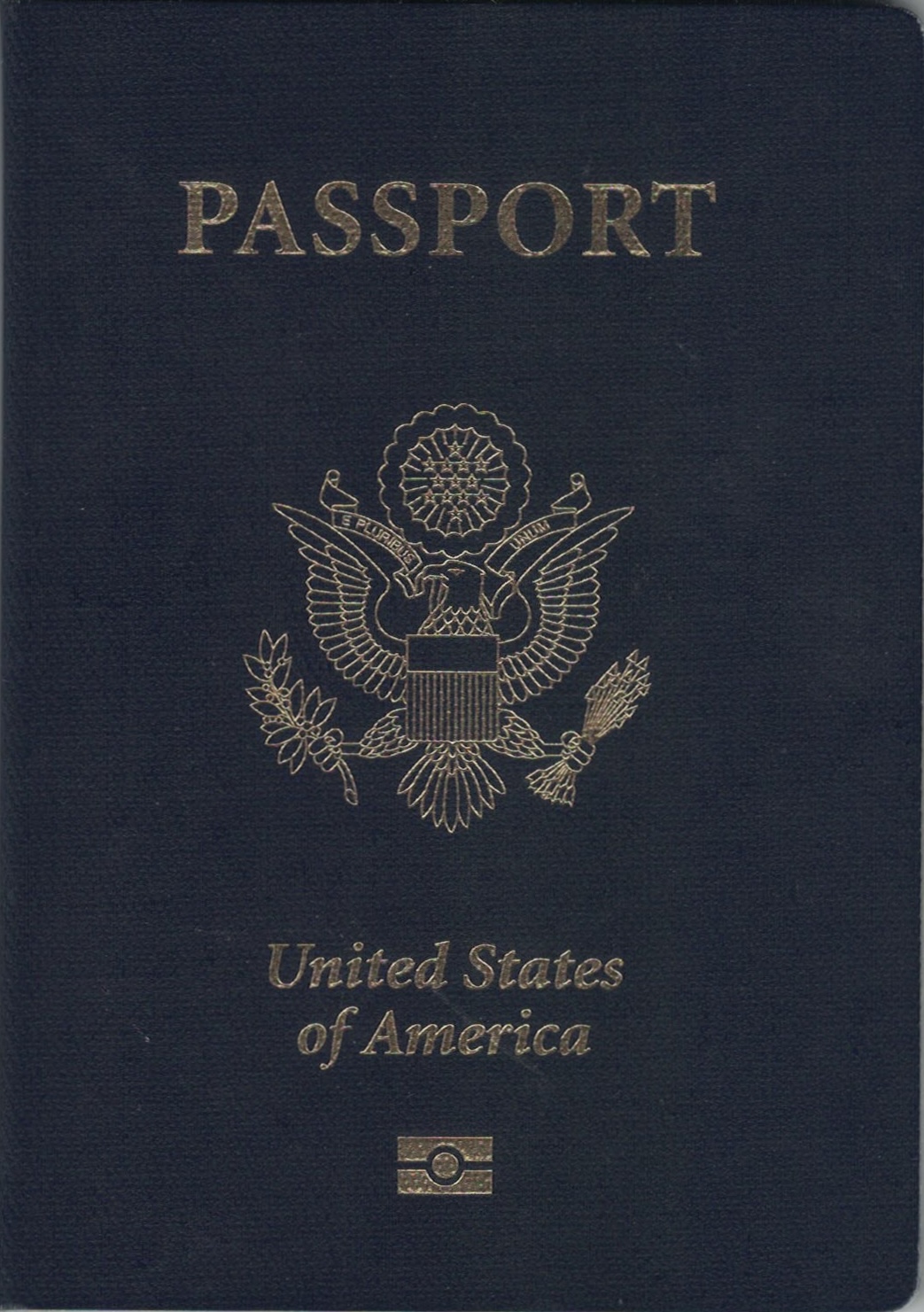Imagine you have a parent born in the US. You weren't born there, have never lived there, but hold US citizenship through that parent. Somewhere along the way you picked up a US passport because it makes it easier to visit your ailing grandparent and who knows, maybe one day you might like to live there. You don't pay it much bother at all. I should mention that you've been a student most of your adult life, and therefore have very little money saved anywhere because most of your income has been through scholarships and bursaries which give you just enough to survive.
Then one day the IRS decides to go after wealthy Americans hiding undeclared income in offshore accounts. You're technically American, but wealthy? Definitely not. But you get caught in the sweep all the same. There's a grace period, but you actually have to know about it to take advantage of it. You do become aware of it, but a week after it ends. You begin to get a little worried.
So you dig further and your life falls apart.
You find out your three bank-accounts are considered a tax-shelters by the IRS meaning you pay three times the penalties than if you had just one bank account. Your 'foreign' scholarships are considered taxable income, made worse because if you've had over $10 000 in any account, or in aggregate across all accounts, at any given time, you're in deeper trouble. Scholarships are lump-sum payments meant to last the whole year meaning that for a brief time in a given year, you've crossed that particular penalty line.
You find yourself on the hook for tens of thousands of dollars in penalties alone, even before they work out whether you owe the US government any taxes. In just a couple of days you go from financially secure, life is looking bright, to the very real likelihood of declaring personal bankruptcy.
It is likely a stretch to hope that Jim Flaherty might find some diplomatic channel to resolve an issue that is likely impacting thousands of Canadians and others holding dual citizenship.


4 comments:
Fun fact: If you're a US citizen who legitimately misunderstood your requirement to file tax returns, and when you find out you're non-compliant, you should simply get compliant - file a few back years and the current one. If you didn't owe any tax (and if you've lived in Canada and filed your taxes there all your life, you won't), they won't accuse you of tax evasion. Even if you owe some tax, if you legitimately didn't know any better, you can argue that. The IRS doesn't charge penalties unless non-compliance is deemed to be wilfull.
The media has turned this whole thing into an unnecessarily alarmist shitstorm. For reals.
OWK,
I sure hope you're right, but that counters what a friend of mine has been told by several accountants.
Boris, if your friend was talking to CAs (Canadian accountants) they probably just simply didn't know what to say beyond what was in the press. Unfortunately, many US accountants are also taking advantage of the panic, but ultiamtely the "Voluntary Disclosure" program in question is aimed at people who stand to be charged with felonies etc, and offers amnesty against legal proceedings. For those who aren't in willfil violation of tax law, regular disclosure is a much beter route, since every single person who enters the VD program, without discretion is getting dinged with penalties of a certian minimum percentage of their highest bank account values over the past 6 years or so. This may be a fair trade-off if your facing jail time, but not if you owe no taxes and haven't deliberately been non-compliant.
I think there's been an awful lot of misinformation in the air about this one.
(My source: My boss, who is a CA, CPA (US Accoutnant) and US attorney.)
OWK,
Thanks muchly to you and your boss: my friend is monitoring this thread and responds to your first post as follows:
"From some of the research I have done it seems like the real problem is not the taxes, but the requirement to declare all of the banking information. This is where the penalties are high. The crux of the problem is that for most US citizens living in Canada, they do not see their everyday accounts (including things like RRSPs or savings accounts) as "foreign". These are simply prudent financial products designed to keep their money until they need it. From the IRS perspective these are "foreign" accounts which are necessarily suspect for tax evasion. How many Canadians have in AGGREGATE over $10 000 in all of their savings, chequing and rrsp accounts at any given time?
My guess would be many of them. From the IRS point of view not
reporting all accounts in any year in which you happen to have managed
to have 10 000 in aggregate is worthy of a penalty.
If the IRS is serious about wanting address tax evasion, the easiest
way to resolve this would simply be to raise the threshold above what
everyday people being financially prudent in their everyday lives
might have managed to tuck away. There has been some talk of a $250
000 threshold, even a $50 000 or $100 000 limit for those permanently
residing in Canada would probably save the bulk of people effected by
this an enormous amount of time, expense and trouble. Right now the
only people benefitting from this are accountants as they will get
more money out of this than the US government will - and does Canada
really want people's savings flowing to US accountants?"
Post a Comment